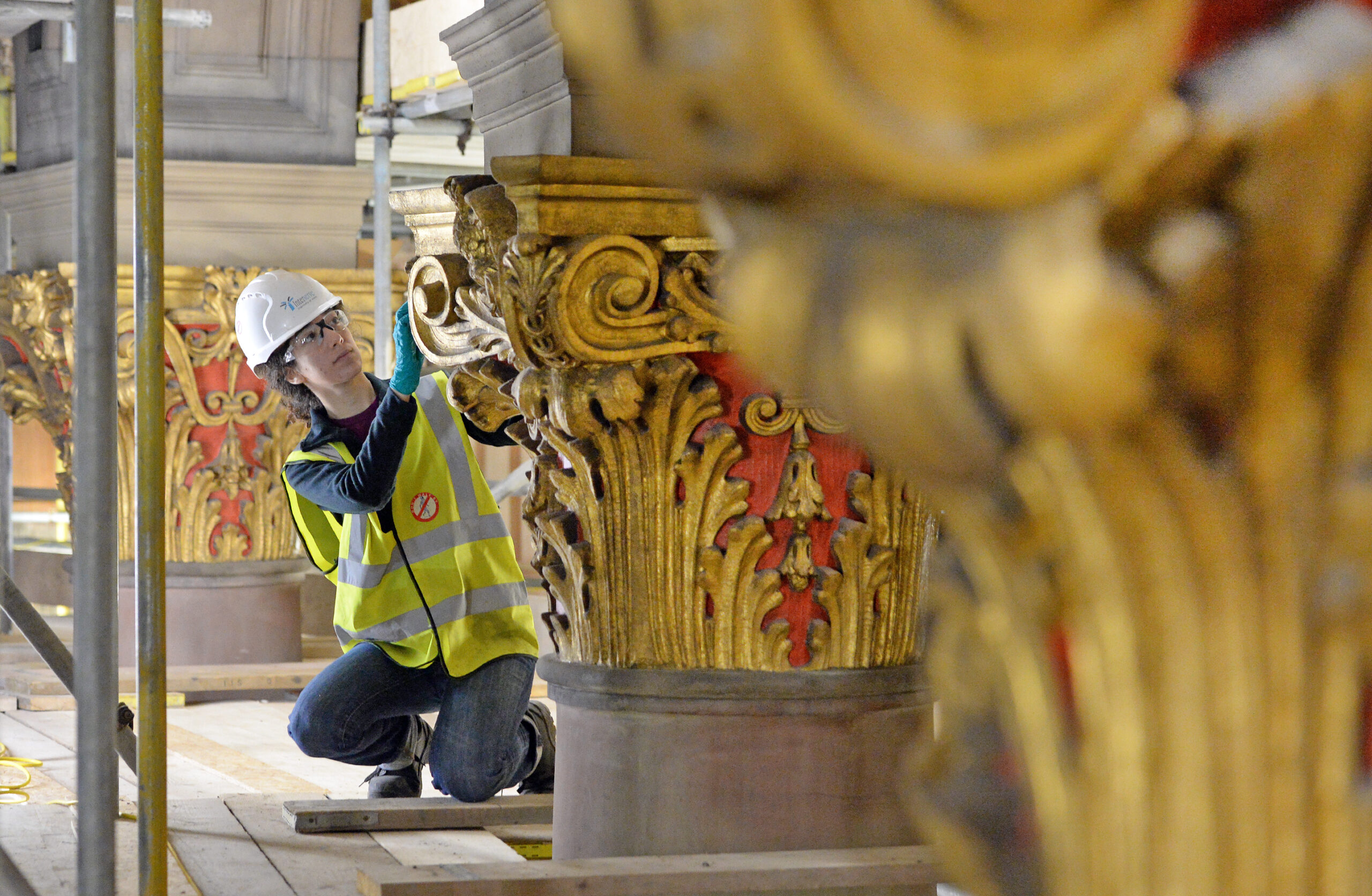
There are lots of reasons to like initiatives that promote student-led learning, and student-staff collaborations including co-production. We know they provide opportunities for our students to develop their potential as autonomous and collaborative learners, to deepen their engagement, and to sharpen their skills. It is clear from the various pilots across the University, most notably Student-Led Independently Created Courses (SLICCs), that these sorts of experiences enable our students to flourish (read more about SLICCs in Jonny Ross-Tatam’s Teaching Matters post from March 2016).
But my enthusiasm as an educator needs to be tempered with the questions and considerations that come with being an academic manager – in my case as a Head of School. As a manager, I am responsible for delivering the University’s strategic goals for my School across education, research and innovation, for managing the experience of students and staff, and for ensuring the effective and equitable use of resources (including supporting my academic staff to balance education, research, knowledge exchange, public / community engagement – and their lives beyond the academy). I bring a default scepticism to innovations in teaching and learning and a set of questions:
- how scalable?
- how sustainable?
- how equitable in terms of chances for different groups of students to participate?
- what is the added value to student experience and learning outcomes, and at what cost?
Students from the School of Social and Political Science (SPS) have participated in SLICCs since the outset, and SPS academic staff have supported their projects. However, our preference is for group rather than individual projects. We support a range of other “in-house’ initiatives including Social and Political Science in Practice, which is a new framework in the School for Honours students (typically in their 4th Year) to undertake faculty-student collaboration for academic credit across three pillars:
- research;
- learning and teaching;
- public education and engagement.
In its first year (2015-16) we piloted the learning and teaching pillar of the framework with twelve Senior Honours students (selected by interview). They were tasked with co-producing interactive learning and teaching resources as part of a faculty-student team designing and developing a new Ordinary level course – ‘Understanding Gender in the Contemporary World: Key Concepts, Controversies and Challenges’. SPS in Practice won “Best Course” in the EUSA Teaching Awards and was runner up for “Innovative Assessment”. It was undoubtedly a transformational experience for the students involved.
But in this, and all cases, we need to be attentive to what happens next: how these initiatives can be scaled up and what are the possible consequences in terms of our capacity to develop other learning and teaching opportunities? We are grappling with these issues at School level. Meanwhile, with respect to SLICCs, Simon Riley and colleagues have worked hard to provide online e-portfolio based course study guides and are creating templates to set out criteria for success (as outlined in the Curriculum and Student Progression Committee Evaluation).These go a long way to address the standard concerns of Heads of School. I also welcome plans to embed SLICCs within Summer Schools and within course programmes. The most meaningful engagement will be where skills are contextualised within or closely allied to programmes. We also need to think carefully about how individual student activities might work as SLICCs and what activities might be more appropriately recognised under an expanded Edinburgh Award / Higher Education Achievement Record.
It also seems to me that the University is missing a trick by not involving Heads of School earlier and more intensively in strategic discussions at University level about teaching innovation; they bring useful perspectives as well as experience of how to turn good ideas into institutionalised practices.



